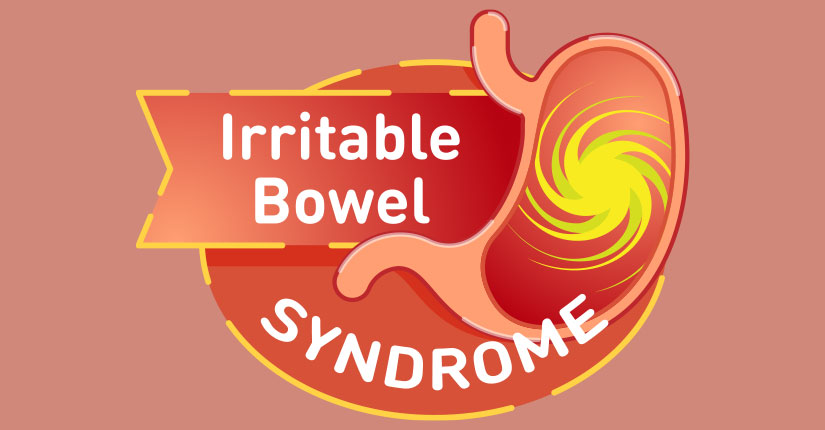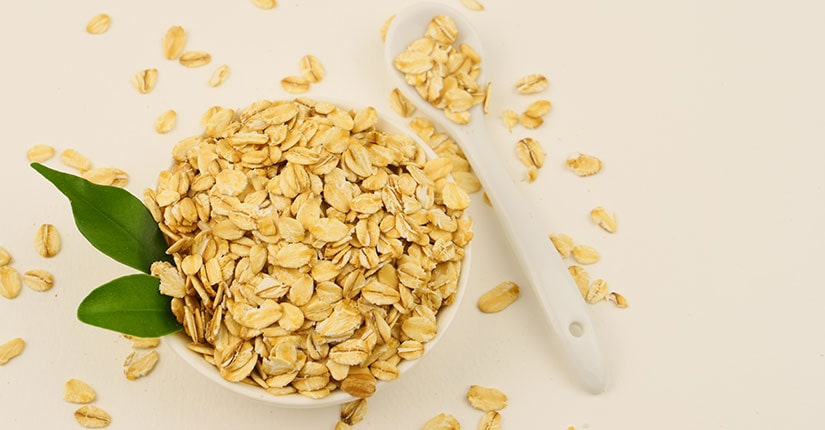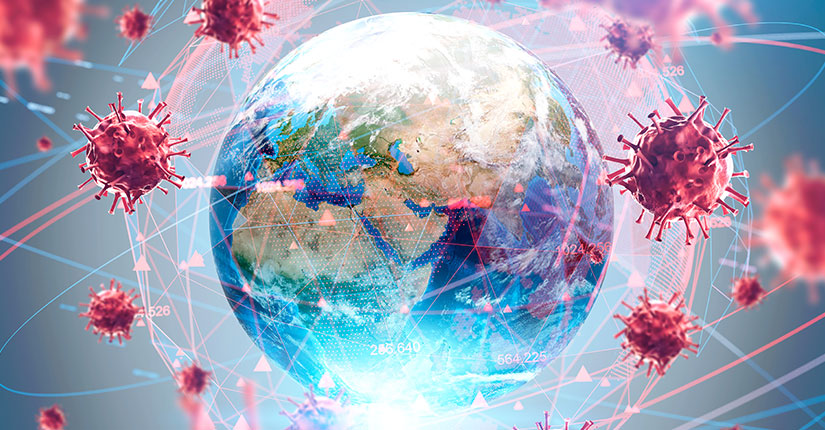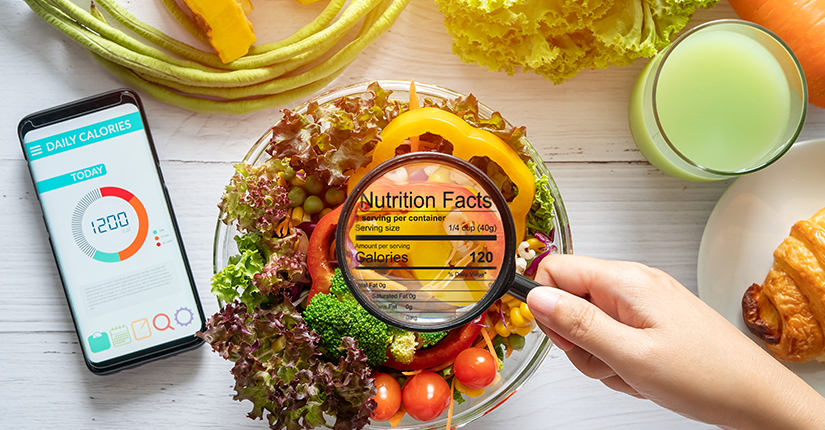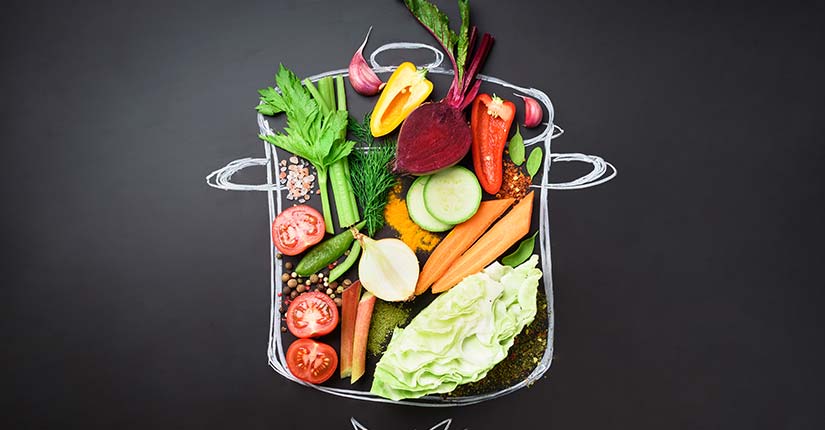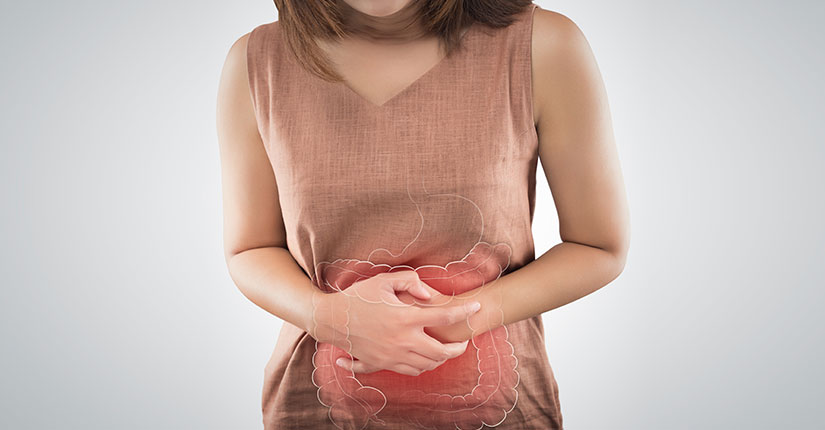4 Reasons Why Menstrual Hygiene is Crucial & How to Maintain It
By: Admin Date: 28-May 2020 Reading Time: 9 Mins

Menstruation is a basic biological process in women like other processes. It is the key factor in maintaining the reproduction health of a woman. When the egg released by the ovary is not fertilised, the egg along with the uterine lining which was prepared for receiving the implantation of a fertilised egg gets shed out of the body. The menstrual blood waste contains blood, mucous and lining tissues.
Use of unsanitary absorbents is prevalent in developing nations, in poorer settings. Socio-economic status, cultural beliefs and lack of sufficient menstrual awareness are major factors affecting the lower prevalence of women using sanitary napkins during menstruation.
Women are forced to use unsafe means which is mostly contaminated. Pieces of clothes used as sanitary napkins are often washed without detergents and dried indoors, out of shame and fear of superstitions related to menstruation. It is often seen in rural and semi-urban parts of India.
This does not mean that women who use commercially available clean sanitary napkins are safe from risks of poor menstrual hygiene. Use of commercial sanitary napkins in an unsafe manner can also result in serious forms of infections like Toxic Shock Syndrome and Vaginitis.
Here are four crucial reasons to maintain good hygiene during menstruation:
- Lesser Risk of Urinary Tract Infections
- Minimizes Incidents of Rashes in Genitals
- Ensures Good Reproductive Health
- Reduces Risk of Cervical Cancer:
Using damp and unhygienic menstrual clothes or using a sanitary napkin for longer than 4 hours can act as suitable environment for growth and multiplication of harmful bacteria and yeasts. Microorganisms like Candida albicans, Staphylococcus aureus, E.coli, and Pseudomonas aeruginosa get a way to grow easily in the humid environment provided by prolonged use of unhygienic absorbents or sanitary napkins. These bacteria can enter your urinary tract including urethra and urinary bladder, and show symptoms like painful urination, lower abdominal pain, back pain, and fever. These risk factors can be easily avoided by using sun-dried and clean sanitary towels or hygienic sanitary napkins during menstruation.
Abrasion, allergy and prolonged wetness cause rashes and can injure the external genitalia during menstruation. If sanitary pads are not changed frequently, vaginal skin being sensitive may get infected with bacteria or fungus resulting in painful rashes. Commercially available sanitary napkins are composed of plastics which are derived from crude oil. These products have greater potential to cause damage to your health, and hence they need to be changed as often as possible to avoid allergies and rashes. Biodegradable sanitary napkins might be less absorbent and requires to be changed often more than usual ones but due to all natural composition are more effective in addressing problems like rashes and allergic reactions. They cannot alter or harm the microenvironment of the vagina as it maintains the pH of the region.
Unhygienic absorbents or improper hygiene during menstruation can result in Reproductive Tract Infection. RTIs could be a major reason in reproductive health morbidities since bacteria responsible for these infections can invade the mucosal layer of the reproductive tract and cause harm and damage the uterine wall, ovaries and other parts like fallopian tubes. Preliminary symptoms of severe RTI are vaginitis and abnormal vaginal discharge.
Most of women who used unhygienic methods to collect menstrual blood in India have greater chances to suffer from RTI and vaginal discharge. Awareness and access to affordable sanitary napkins for periods can prevent risk of reproductive complications due to RTI.
Cervical cancer is cancer of the opening of the uterus which is caused by Human Papilloma Virus. The virus gets transmitted sexually, and unhygienic handling of menstrual waste can spread the infection easily. Sharing of reusable absorbent pads, not washing of hands frequently after changing sanitary napkins and lack of hygienic sanitation are some reasons that can increase the risk of developing cervical cancer; although several other reasons could also responsible.
Tips to maintain good hygiene during menstruation
- Make sure to use a sanitary napkin, tampon, or menstrual cup. All these methods are good, and you don’t need to switch. Stick with whatever you feel comfortable with.
- Change your sanitary napkin/tampon/menstrual cup frequently, even if the bleeding isn’t much. Menstrual blood tends to get contaminated with the body’s native organisms, so change within regular intervals. This also helps keeps skin rashes away. If using sanitary napkin, make sure to change it every four hours
- Keep your vaginal area clean. No special solution is required. Simply cleaning with water also works the best. Try to wash every time you change – or at least four to five times a day.
- Keep a spare tampon/sanitary napkin/cup if you are going out. Store them in a clean bag. Keep a sanitizer, soft towel and disposable bag handy.
- Wear comfortable, clean underwear. Tight, uncomfortable thongs or underwear made of fabric that doesn’t allow your skin to breathe could also lead to infections.
- Never use two pads simultaneously. Several females who experience heavy flow, tend to use two sanitary pads at one go to control the heavy flow or the bleeding and prevent staining of clothes but however, this could cause infections in the vaginal region.
Over to you
Cleanliness of genital area and access to safe menstrual hygiene products can decrease the incidents of infection up to 97%. Ensuring hygiene during menstruation is not a tough task. With a little efforts, you can maintain cleanliness, so familiarise yourself with the simple tips given above.





